Media Review: Jeanne Dielman, 23 Quai Du Commerce, 1080 Bruxelles
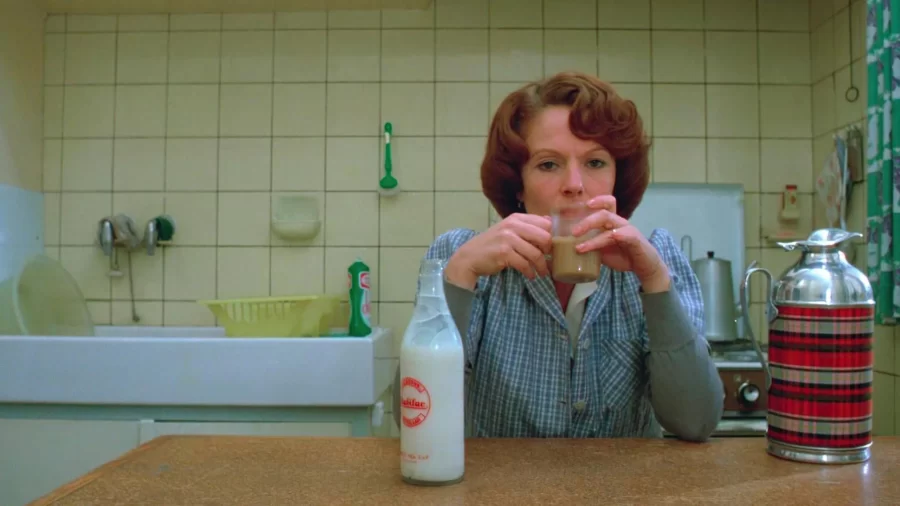
“Jeanne Dielman, 23 Quai du Commerce, 1080 Bruxelles,” released in 1973, is an agonizingly boring film. That’s why it’s still highly relevant today in both the way we view women and the way women view themselves. Throughout its three and a half hour runtime, I was restlessly switching positions in my uncomfortable theater seat, forcing myself to focus on the plot. The audience spends two days with a woman as she cleans her house, goes about her errands, and takes a bath, all in real time. No cuts, no montages. Despite the tedious storyline, it instantly became one of my favorite movies. It was the first film I had seen in which women’s daily lives are given importance and portrayed in a non-sexualized way. It made me reconsider the way the male gaze in the media I consume affected the way I view myself, and provided a solution to my internalized voyeurism.
The male gaze is pervasive, it bleeds into every part of women’s lives. Coined in Laura Mulvey’s essay “Visual Pleasure and Narrative Cinema” (1975), the male gaze is the lens through which male fantasy is projected onto female characters. Narrative and cinematography techniques sexualize women, reducing them to a sexual object instead of a character. You’ve seen it: a woman walks out of the ocean dripping with water while the camera pans up and down her body. This isn’t a character, it’s an inserted fantasy.
Voyeurism is the sense of watching someone who is unaware that they are being watched. When the male gaze is applied to voyeurism, the subject is unaware of a male watcher, and yet she looks perfect, attractive. That’s the appeal, that’s the expectation. The idea forms in her mind that a man could look in at any time, so she needs to look flawless all the time, just in case. The male gaze and the idea of the internal voyeur intersect. Margaret Atwood describes the pervasiveness of the male gaze and the inescapability of voyeurism in her 1993 book, “The Robber Bride,” saying “even pretending you aren’t catering to male fantasies is a male fantasy: pretending you’re unseen…that you can wash your feet and comb your hair unconscious of the ever-present watcher…You are a woman with a man inside watching a woman. You are your own voyeur.”
The sense of constantly being watched and having to appeal to the voyeur who only exists in my own mind has followed me since I began consuming popular media: Edward Cullen in “Twilight” watches Bella while she sleeps; Jonathan from “Stranger Things” takes photos of Nancy from the bushes; “Charlie’s Angels 2: Full Throttle” opens with a scene of Cameron Diaz waking up in boy shorts and dancing around her bedroom. Female characters’ mundane, daily lives and routines are constantly sexualized, turned into male fantasies. The lack of media in which women’s daily lives are shown in an honest, realistic way makes it feel as though unsexualized daily routines either don’t exist or aren’t valuable enough to be shown because they lack sex appeal. If I go about my daily routines without looking perfect, do I matter?
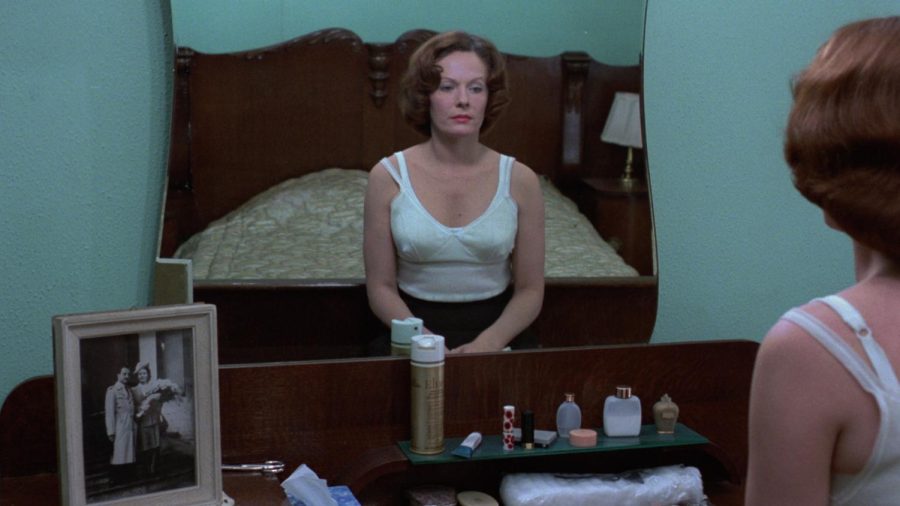
With “Jean Dielman”, director Chantal Akerman made a film that purposefully subverts our ideas of voyeurism. Jean Dielman is middle aged, fully dressed, serious. She feels like a real person, not a sexual object. Akerman makes every part of Jean Dielman’s daily life important. So much care goes into showing each detail of Jean’s routines in the first day, so that when small changes occur in the second day, the audience notices them with a pang of anxiety.
Fifty years later, this film is still worth watching because it shows voyeurism in a way that is non-sexualized and does not appeal to the male gaze. The voyeurism in Jean Dielman serves as the storytelling, as the audience feels as though they are a fly on Dielman’s wall as she begins to lose her routines. Internalized male gaze comes from consuming media in which female characters are reduced to objects, not allowed lives of their own outside of the male watcher. It follows that the way to reduce internalized male gaze is to begin consuming media in which the small, boring parts of women’s lives, or any parts of their lives, for that matter, are given value. If I had been exposed to characters like Dielman a little earlier, I would have been able to see value in my routines themselves, and not the way I look when I perform them. I would not be my own voyeur.
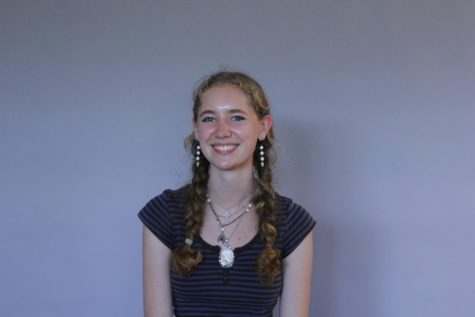
Marlena is a senior at Lowell. When she isn't at school she's probably at the lab, watching a movie, or sitting on the sidewalk listening to music (usually Björk).


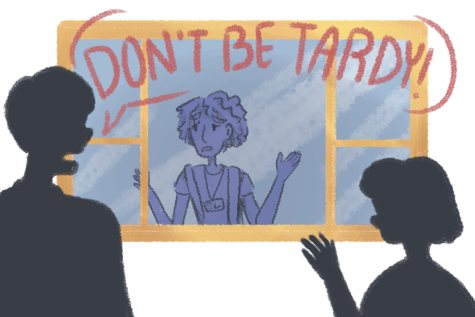


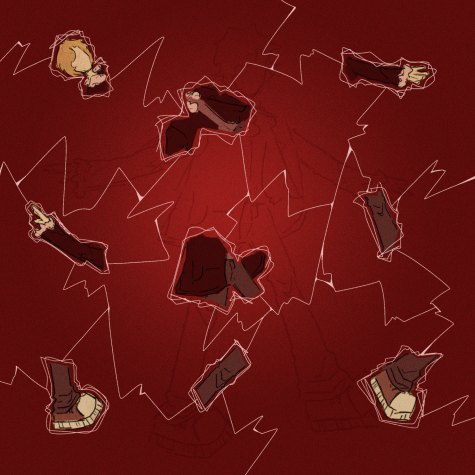
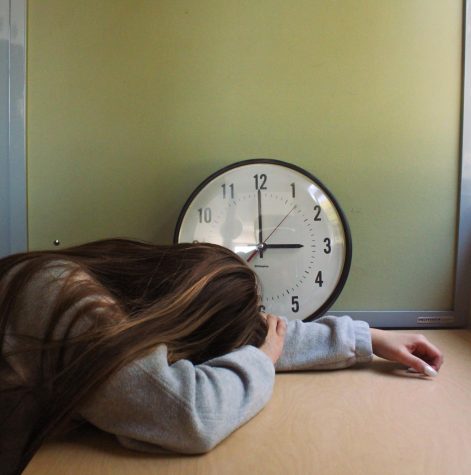
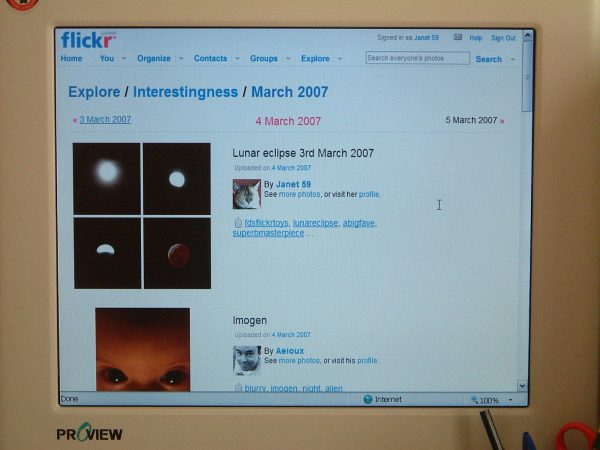
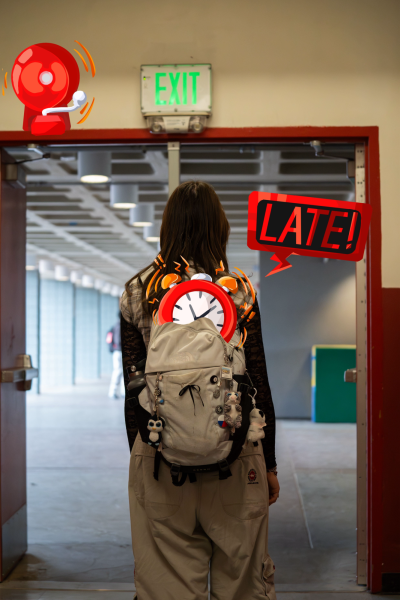
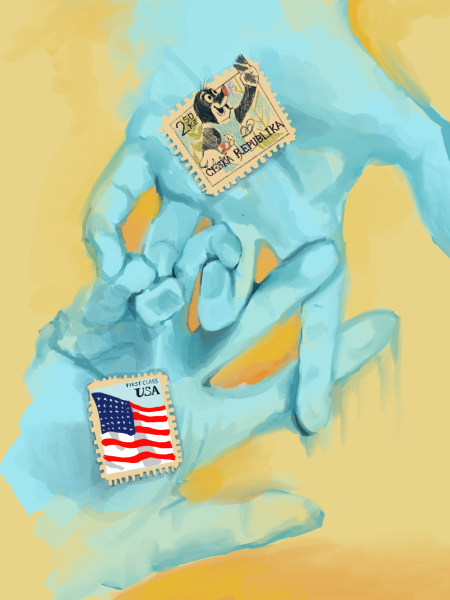
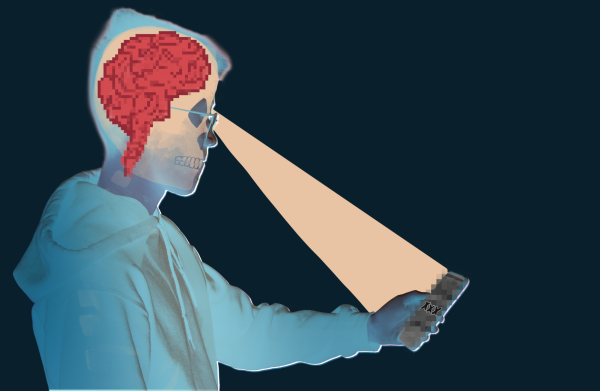

Sarah L • Mar 31, 2023 at 12:05 am
Incredible review and analysis. This is why I watched this movie.